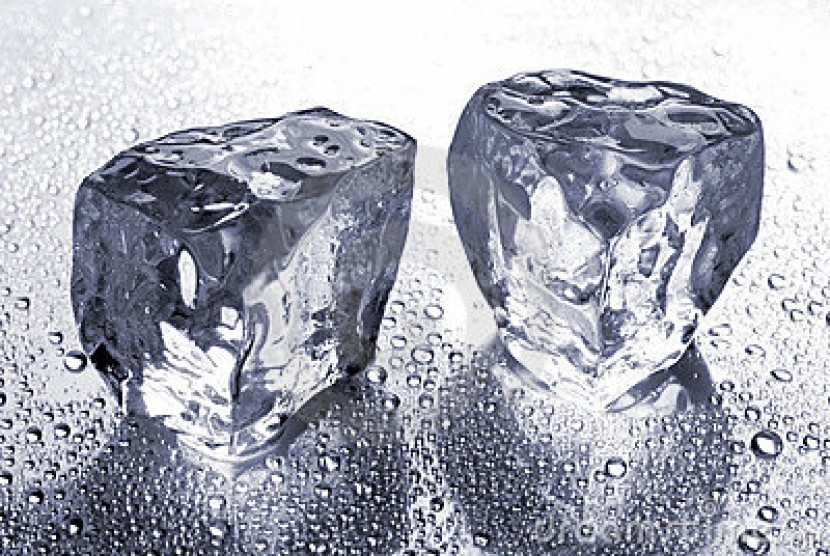COMMENTS
There were some who, in their disappointment, believed that food and hunger were not a weapon in Putin’s all-out war against the West. They were wrong.
USE ANOTHER WEAPON: Vladimir Putin takes off his warrior helmet; the food card. Photo: Ntb
sea View
Internal comments: This is a comment. The comment expresses the position of the writer.
On the weekend announced Russia who are terminating the wheat deal, which means Ukraine can relatively safely export its large resources of wheat and corn to the world via the Black Sea.
A June deal meant that over nine million tons of Ukrainian wheat were shipped. It has prevented even more runaway food prices around the world and has ensured food for millions of people in the Middle East and Africa.
But now it’s over. Russia will no longer be involved in ensuring the safety of the ships operating this vital traffic.
The agreements on cereals it was a dramatic and joyful break with Russia’s consistently inhumane way of waging war in Ukraine. Following a Turkish initiative – Turkey is a crucial country in Putin’s war diplomacy – the agreement on grain exports was signed in Ankara in June.
The UN pushed hard and the wheat deal was a long-awaited triumph for diplomacy. So was another gratifying and sensational Russian concession in this war, permission to allow international inspectors of the United Nations organization IAEA to enter the Russian-occupied nuclear facility in Zaporozhe.
Food safety and nuclear safety was an attempt by the Putin state to make its sleeves green in front of the world, and especially in front of the UN. This was at a time when Putin had given up taking the capital Kiev and the Russian objective of the war was limited to continuing the conquests in the east and defending the conquests in the south of Ukraine.
But before the sensational Ukrainian military advances in the north-east, in the Kharkiv region, and in the south, in Kherson. It was during a limited period of the war that Putin played with the possibility of wearing a human mask.
It is now off. Too good. Attacks on gas pipelines in the Baltic Sea. Continuing drone threats against Norwegian gas pipelines to the EU and Britain show that energy supply in Europe is a legitimate target for Putin in the war against the West. Continued threats about the use of nuclear weapons show that this too is an idea the Russian president is playing with.
The strategy in Ukraine they are systematic attacks on infrastructure such as electricity, gas and water. Ukrainians will be frozen in surrender in a winter when refugees from the internal climate will become a weapon. Ukrainians must be frozen to death, or out of the country.
The EU will be pushed to grant concessions due to high energy prices, which will explode if Putin obviates his no longer well-disguised threats to attack gas supplies to the EU.
So why should it food security and hunger be sacred cows for Putin under increasing pressure? If this war has shown anything, it is that nothing in the world is sacred to the Russian president. Aside from the possibly ideologically distorted and historically unrealistic ideas of Russian greatness of our time, in the heads of Putin and a few others.
The wheat deal was deferred from the day of signature. Russia has constantly threatened to demolish it because it – wrongly – claimed that most of the grain went to Europe, contrary to the agreement, and not to the Middle East and Africa.
But that doesn’t mean necessarily that grain exports from Ukraine via the Black Sea stop completely. Ukraine, Turkey and the United Nations said on Monday that they will continue to ship Ukrainian wheat, despite Russia having withdrawn from the deal and the fragile security guarantee the deal was supposed to represent no longer applies. 12 ships laden with Ukrainian grain sailed from Ukrainian ports in the Black Sea on Monday to their markets.
The agreement is therefore dead. But there is still a long way to go before Putin actually sinks ships laden with food for some of the world’s most needy. In this case, it will be the umpteenth of his many self-inflicted wounds in this – even for him – disastrous war. But if Putin is desperate enough, sinking boats loaded with Ukrainian grain is also a legitimate act of war from the Kremlin’s point of view.
The damage may have already been done. Why what happens to the crews of these boats? What will they ask for with the rent increase? And the owners? What will insurance companies ask to increase policies? What is the price for risking crew and boats?
And the damage can it has already happened in another way as well. Because with the scrapping of the agreement, to what extent will Ukrainian farmers be confident that the fields they sow in the spring will produce a crop that can be sold? And is it also possible to get money for food that can rot on the ground or in silos?
Food, hunger and even more insecurity are the latest weapons Putin has used so far in his war in Ukraine.


